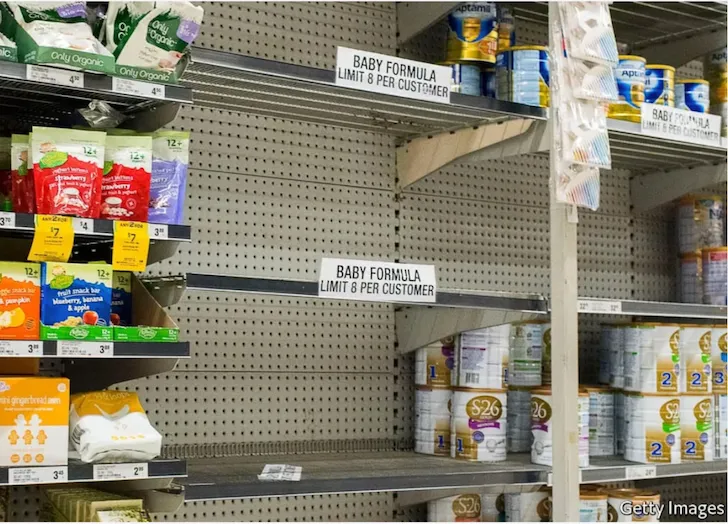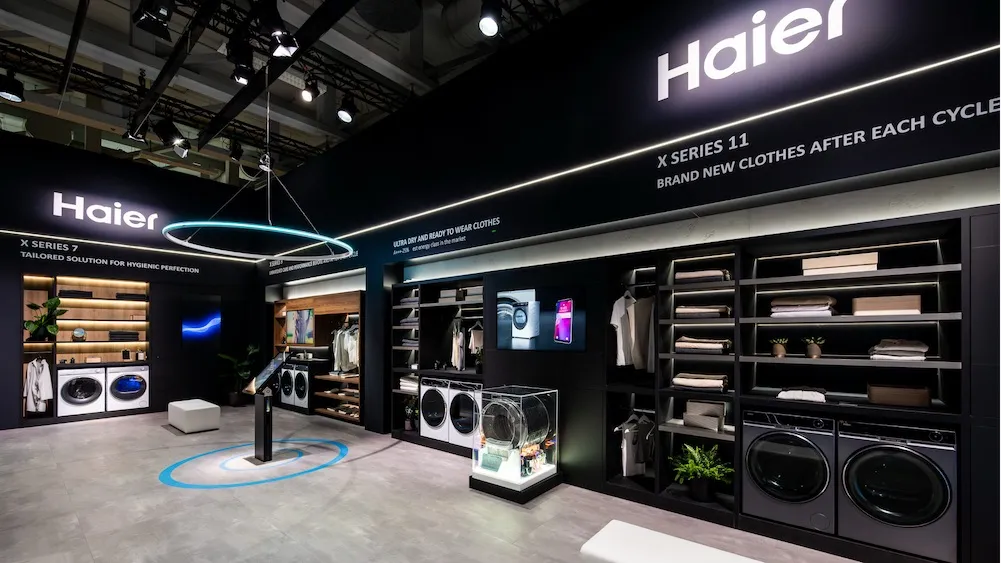Winners of China's "daigou" crackdown
Hainan duty-free stores and cross-border e-commerce platforms stand to benefit. Estimated reading time: 13 minutes

Latest


Luxury Watch Market Analysis (Feb 2026): Rolex Price Rebound and Swiss Export Growth in Asia
Secondary prices have rebounded strongly, and Swiss export volumes are recovering, too


South Korea’s ‘Corporate Value Up’ Reforms: Ending the Korea Discount
South Korea as the next frontier for corporate governance reforms




